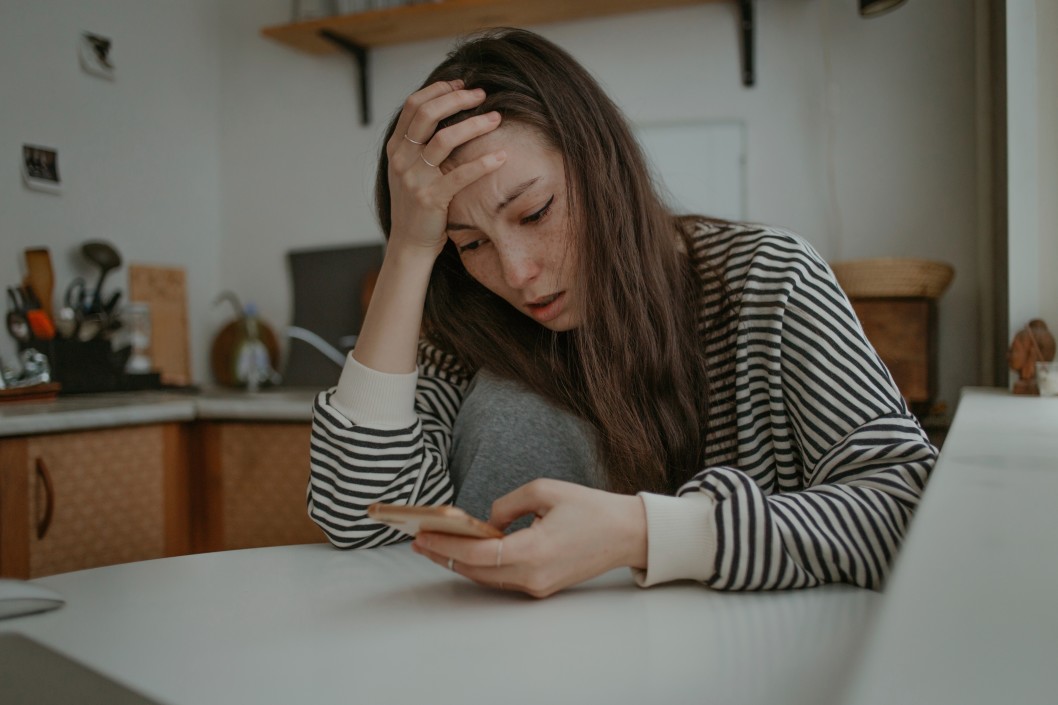 A McKinsey Health Institute (MHI) survey finds that Gen Z’s social media engagement can feel negative but can also help with finding mental health support and connectivity.
A McKinsey Health Institute (MHI) survey finds that Gen Z’s social media engagement can feel negative but can also help with finding mental health support and connectivity.
Much like many relationships a person might have between ages 18 and 24, the relationship a young person has with social media can be complicated. No matter where they live, respondents in a new global survey said social media usage can lead to a fear of missing out (FOMO) or poor body image, but it also can help with social connections and self-expression.
McKinsey Health Institute’s (MHI’s) 2022 Global Gen Z Survey asked more than 42,000 respondents in 26 countries across continents questions based on the four dimensions of health: mental, physical, social, and spiritual. MHI then analyzed differences and similarities across generations and countries, with a hope of informing the broader dialogue around Gen Z mental health.
Gen Zers, on average, are more likely than other generations to cite negative feelings about social media. They are also more likely to report having poor mental health. But correlation is not causation, and our data indicates that the relationship between social media use and mental health is complex. One surprise: Older generations’ engagement with these platforms is on par with Gen Zers. For example, baby boomers in eight of the 26 countries surveyed report spending as much time on social media as Gen Zers, with millennials being the most likely to post. And while negative impacts of social media were reported across cohorts, positive effects were even more common—more than 50 percent of all groups cited self-expression and social connectivity as positives from social media.
There are also signs that technology provides access to supportive mental health resources for younger people. Gen Z respondents are more likely than other generations to use digital wellness apps and digital mental health programs. Additionally, respondents indicate that certain aspects of social media use can benefit their mental health, such as using social media for self-expression. Young refugees and asylum seekers are among those most likely to cite social media as a tool to stay connected and decrease loneliness.
Excerpted from “Gen Z Mental Health: The Impact of Tech and Social Media” from the McKinsey Health Institute.
Read the full article online or download a PDF (12 pages) to learn more about the six insights below in which MHI delves deeper into the ways in which mental health, technology, and social media intersect for respondents:
- In most surveyed countries, a higher share of Gen Z survey respondents report poor mental, social, and spiritual health compared with other generations.
- Everyone uses social media, but Gen Z respondents spend at least one hour a day.
- Gen Zers and millennials are more likely than other generations to say social media affects their mental health.
- While the positive impact stays comparable, older generations report fewer negative effects.
- Positive aspects of technology may include increased access to health resources.
- While respondents find digital wellness apps mostly on their own, referrals remain important for digital wellness programs.
Listen to the article below:
Source: McKinsey Health Institute | Gen Z Mental Health: The Impact of Tech and Social Media, https://www.mckinsey.com/mhi/our-insights/gen-z-mental-health-the-impact-of-tech-and-social-media | © 1996-2023 McKinsey & Company
If you have concerns about your child or teen, CHC Care Coordinators can arrange a free 30-minute consultation so you can explore options with an expert. We invite you to call or email us at 650.688.3625 or careteam@stage.chconline.org to set up an initial Parent Consultation appointment. CHC teletherapy services are available now.





